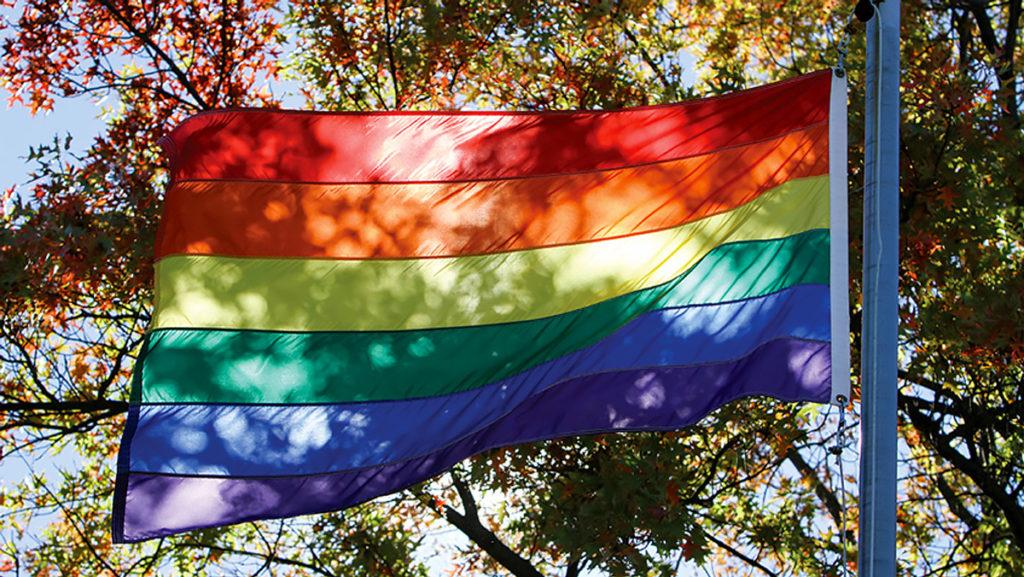The U.S. Census Bureau recently announced that on the 2020 census it will be asking couples who live together whether their relationship is same-sex or opposite-sex. This has some LGBTQ+ advocates celebrating, especially considering this is the first time any such question has been asked on the national survey. While this is a sign of progress, the progress it signifies is far too slight to have any real impact on the well–being and livelihood of LGBTQ+ Americans.
Let’s first discuss why adding this singular question isn’t meaningful whatsoever. The census in previous years did count same–sex couples through a convoluted process of piecing together answers to questions regarding family relationships and the sex of the head of household. This method, however, led to LGBTQ+ couples being miscounted and oftentimes mislabeled as “opposite–sex couples,” so this question isn’t much of a leap forward in progress and more so a correction of what the census has tried to do in the past.
The more accurate information this new question will collect still only accounts for a small portion of the LGBTQ+ community. It will not account for everyone in our community, nor will it even necessarily provide an accurate picture of those who are counted. You’re gay and single? Not counted. You’re in a separate household than your partner? Not counted. You’re bisexual? Not counted. You’re trans or nonbinary? Not counted. The list could go on and on. The wording of the questioning can also alienate transgender and nonbinary individuals who don’t feel comfortable with the rigidity of the labeling of “same-sex” and “opposite-sex” relationships when they do not identify with a specific sex. So, while this new census question does make a small portion of cisgender gay couples more visible, it also leaves out lots of the more vulnerable portions of our community that desperately need to be counted and given a voice.
Now you might be saying, “What’s the big deal? The census doesn’t really mean anything. It just collects our country’s demographics and population.” The truth is that the census does a whole lot more than that. The government sends out the census and collects all of this data so that they can more accurately serve and assist the people who live here. For instance, if they realize a particular area has fallen into high rates of poverty, they can create programs and send aid to hopefully help alleviate that. Similarly, if a particular social group is lacking resources or is struggling, they’ll be able to assist them as well.
But what happens if a particular group isn’t counted or isn’t counted accurately? Clearly, they won’t be receiving the proper amount of consideration in government actions, funding, or policy. Oftentimes, when the LGBTQ+ community is brought up, people will say, “There aren’t that many of them why should we care?” That attitude is dangerous and leads to the LGBTQ+ community continually getting the short end of the stick in terms of legal protections and aid. Not only that, but because there has never been an accurate measure of how many LGBTQ+ Americans there are, we don’t even know if the statement of, “There aren’t that many of them,” is even true. That’s why this issue is so important. LGBTQ+ Americans are effectively being silenced, erased, and pushed aside by the Census Bureau, which leads other, more influential individuals and relied-upon government agencies to do the same. Lack of reliable and accessible information about a specific group like the LGBTQ+ community leads to ignorance on everyone’s part.
In the future, there is a lot that can be done to improve the questions asked on the census to better capture the nuances and diversity of the LGBTQ+ community. Prior to settling on the one new question regarding same-sex and opposite-sex couples, the Census Bureau had released a full list of proposed questions for the 2020 census. This proposed document included a separate section devoted to LGBTQ+ individuals. A section like this, which asks about self-identification in regard to both sexual orientation and gender identity, is what we need. That’s really all we’re asking for here. It’s nothing extravagant. We’re asking government officials to count us, to see us, and to consider our community’s unique characteristics and needs. Is that really too much to ask?














